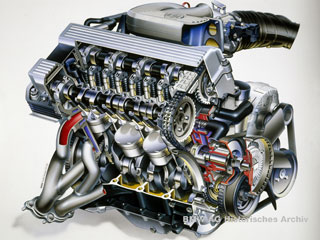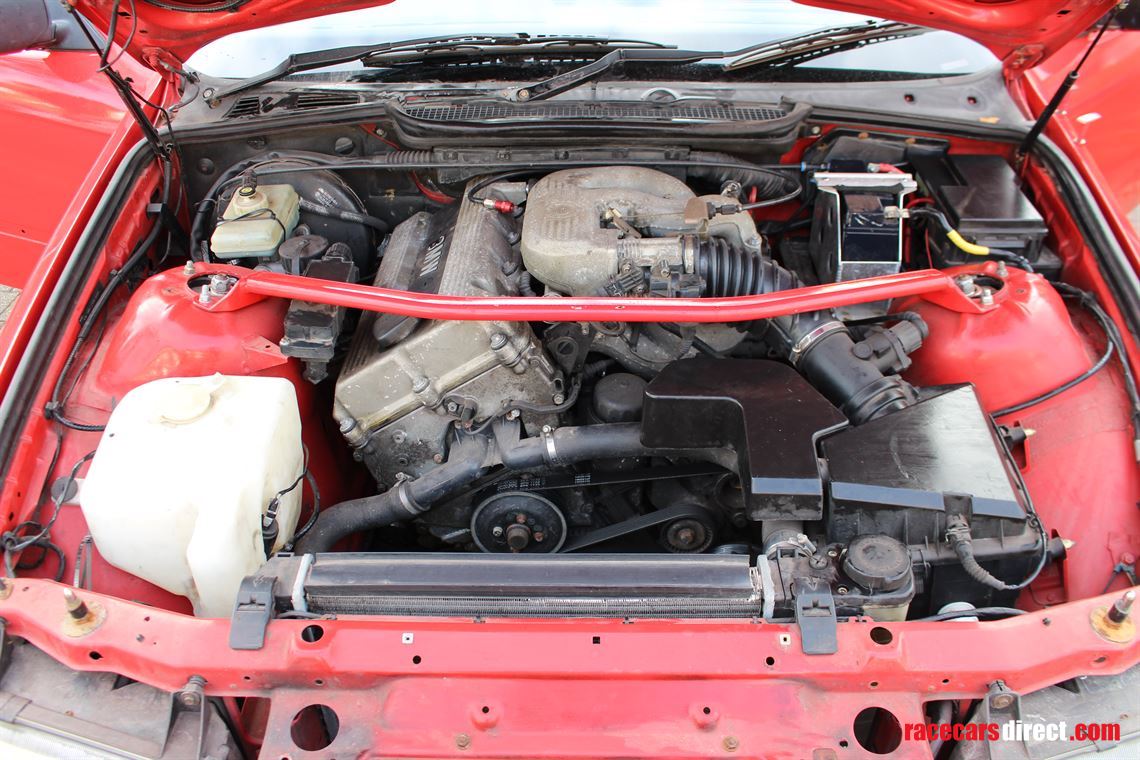BMW 318ti: Efficiency Specs and Qualities Explained
BMW 318ti: Efficiency Specs and Qualities Explained
Blog Article
Important Factors To Consider for Choosing the very best Engine for Your Requirements
In the realm of picking the excellent engine to meet your needs, a number of crucial aspects demand precise factor to consider to make sure optimum performance and performance. From the nuanced balance between power and efficiency to the often-overlooked aspects of upkeep and service demands, each element plays a pivotal function in identifying the most ideal engine for your particular demands. As the intricacy of engine innovations proceeds to evolve, discerning one of the most suitable alternative demands a deep understanding of the interaction between numerous factors to consider. By exploring the complex internet of factors that underpin this decision-making process, a more clear course arises in the direction of selecting an engine that not only meets yet surpasses your expectations.
Power and Performance
When examining engines for optimal performance, it is critical to prioritize both power outcome and performance. Efficiency refers to exactly how well the engine converts fuel into useful power. By thoroughly examining both power and performance, you can choose an engine that provides optimum efficiency and meets your requirements successfully.
Fuel Effectiveness and Economic Climate
In the realm of engine selection, the consideration of fuel effectiveness and economic climate holds extremely important importance. Gas efficiency describes the engine's capability to convert fuel right into power with minimal waste, straight influencing operating expense and ecological sustainability. bmw 318ti. When selecting an engine, examining its gas economic climate is crucial to determine long-term savings and environmental impact. Engines with greater gas performance not only decrease fuel expenses but additionally lower carbon discharges, adding to a greener procedure.

Compatibility and Application
Taking into consideration the fuel performance and economic climate of an engine, the following important facet to address is its compatibility and application within certain operational contexts. Compatibility describes how well the engine incorporates with the total system or devices it powers. It entails elements such as physical measurements, mounting alternatives, electrical user interfaces, and control systems. Ensuring compatibility is necessary to avoid concerns such as getting too hot, vibrations, or power discrepancies (bmw 318ti).
Additionally, the application of the engine is just as important. Various engines are designed for particular functions, whether it be commercial equipment, aquatic vessels, automobiles, or power generators. Recognizing the designated application allows for the choice of an engine that can supply the needed power output, torque, and operational qualities. A high-revving engine developed for performance automobiles would certainly not be appropriate for durable building devices that requires high torque at low speeds.
Upkeep and Solution Requirements
Upkeep and solution requirements play a crucial function in making certain the durability and ideal efficiency of an engine. Regular maintenance is vital to prevent break downs, prolong the life expectancy of the engine, and keep its performance. When choosing an engine, it is very important to think about the maker's advised maintenance schedule and the availability of service centers or certified professionals.
Variables such as the regularity of oil changes, filter replacements, and overall inspections can considerably affect the engine's efficiency. Some engines may need more regular servicing based on their style and use, while others might have longer periods between upkeep checks. It is important to adhere to these service requirements to prevent expensive fixings and unanticipated downtime.

Price and Budget Plan Considerations
When selecting an engine for a certain application,Budget plan constraints commonly play a significant duty in the decision-making process. When taking into consideration the expense and budget plan implications of picking an engine, it is vital to assess not only the first purchase rate but likewise the long-term expenses linked with maintenance, gas consumption, and possible upgrades or repairs. It is critical to strike a balance in between the upfront expense of the engine and its total lifecycle costs to make certain check this site out that the chosen engine stays monetarily lasting throughout its operational life expectancy.
Variables such as gas sturdiness, reliability, and performance can straight impact the complete expense of ownership of an engine. While a much more expensive engine might have greater ahead of time expenses, it can potentially result in reduced upkeep and gas costs over time, thus official source using better worth in the long run.
Verdict

Gas performance refers to the engine's ability to transform gas into power with minimal waste, straight impacting operating costs and environmental sustainability.Factors affecting gas efficiency include engine style, burning performance, and overall performance optimization. Furthermore, picking the ideal fuel type and grade as suggested by the engine producer can additionally boost efficiency and prolong engine lifespan.
Engines with great use attributes and conveniently offered components can reduce maintenance costs and minimize the time the engine is out of operation - bmw browse around here 318ti. It is crucial to strike a balance between the upfront cost of the engine and its overall lifecycle prices to guarantee that the selected engine stays economically sustainable throughout its operational lifespan
Report this page